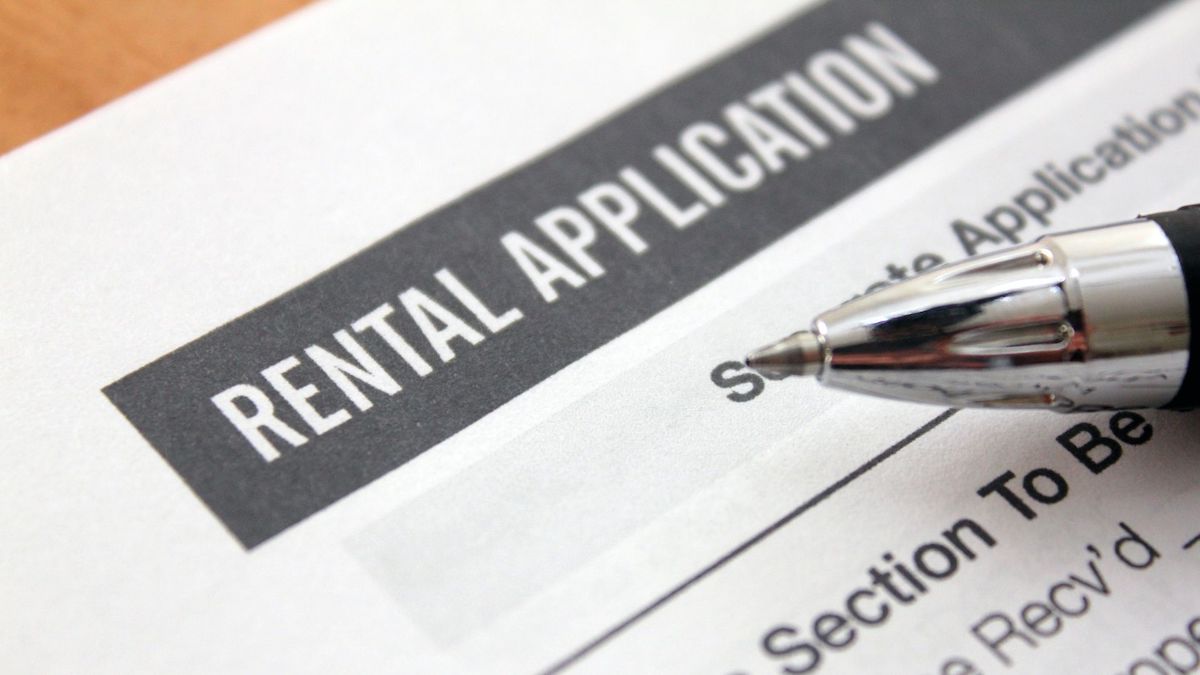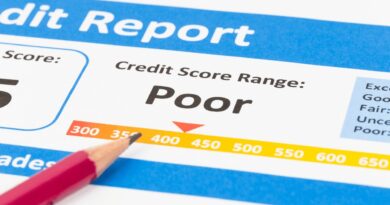Will My Credit Score Go Down if I Apply For A Loan?

Do loans affect your credit score? They absolutely do — whether or not you make loan payments on time and as agreed can help drive your credit score up or down. Did you know, though, that even applying for a loan might impact your credit score by at least a little? Find out more about soft inquiries vs. hard inquiries below to understand how applying for credit can impact your score — whether or not you’re approved for that credit.
What Is a Soft Inquiry?

Soft inquiries occur when someone checks your credit score or report, but they aren’t considered by any credit scoring models, so they won’t impact your credit score. In fact, they don’t even show up on your credit report when someone pulls it for that purpose, though you can see them when you review your own credit score.
The following list covers some of the most common scenarios leading to soft inquiries:
- You pull your own credit report or score for any reason
- An insurance company reviews your credit score as part of its risk assessment before offering you a policy
- Current creditors review your credit report as part of regular administrative functions
- An employer reviews your credit as part of a background check
- Credit card companies or other lenders review your score or report as a way to see if you’re qualified to receive a pre-approved credit offer
- A government agency, such as the IRS, uses information in your credit report to validate your identity when you sign up for a service online
What Is a Hard Inquiry?

Hard inquiries are typically limited to when someone checks your credit as part of the process for evaluating you for a loan or other type of credit. Hard inquiries do show up on your credit reports for lenders, and they are used in credit scoring models. They can impact your score.
Some things that can trigger a hard inquiry include:
- Applications for credit that result in the lender pulling your credit report — including, but not limited to auto loans, private student loans, personal loans, mortgages and credit cards
- Requests for credit limit increases that lead your current creditor to pull your credit report to evaluate you for more credit
- Applications for renting an apartment or house or having new utility services set up
In some cases, when collection agencies conduct skip tracing, it can show up as a hard inquiry on your credit report.
Do Hard Inquiries Lower Your Credit Score?

Yes, hard inquiries can lower your credit score, at least temporarily. Consider the factors that go into your credit score and the approximate weight each holds in credit scoring algorithms:
- Payment history, which is whether you make your payments on time consistently, this accounts for around 35% of your score.
- Credit utilization, which is how much of your open credit you are using, this makes up around 30% of your score.
- Credit age, which is how long you’ve had credit and the average age of your open accounts, this makes up around 15% of your score.
- Credit mix, which refers to whether you have a healthy mix of installment and revolving accounts, this makes up 10% of your score.
- The number of hard inquiries makes up the final 10% of your score.
While hard inquiries are not the number one factor in your score, they do count. New individual inquiries can lower your score by a few points each, and if you have many inquiries, that can add up to a significant impact.
Lenders may also be scared off by someone who has many inquiries in a short period of time. That can indicate poor financial health or a desperate need to get approved for more credit — neither of which bodes well for someone’s ability to pay off that new debt as agreed.
The Exception of Rate Shopping

Rate shopping refers to applying with different lenders to get the best rate when you’re applying for an auto loan, mortgage or student loan. This is not indicative of poor financial health. In fact, it’s a demonstration of good financial habits and knowledge, because you’re working to get the most for your money. For that reason, numerous credit checks within a short period of time for these types of loans are typically counted in scoring models as equivalent to one hard inquiry.
FICO scoring models tend to allow for a 45-day period, which means you can shop around for rates for more than a month without it hurting your score. However, VantageScore scoring models only allow a 14-day period, so it’s best to get your applications handled within two weeks whenever possible.
Note that these rate shopping periods do not apply to applications for credit cards and only apply to some types of loans. Car and mortgage loans are definitely included, but speak to your lender or broker when you’re applying for anything else to understand how multiple applications might impact your credit.
What Type of Inquiry Do Lenders Use to Check Credit Health?

When evaluating someone for a loan or credit card, lenders often use a hard inquiry to find out more about their credit history. This isn’t the case for all lenders, as some firms offer loans or credit cards that don’t require a credit check at all.
It’s important to understand that loans or credit cards that don’t require good credit don’t necessarily equate to applications that don’t include a credit check. Lenders may still check your credit to help them understand the big picture of your financial history before they offer you credit or a personal loan. Read the fine print of any application to understand what may be required.
Wise Loan installment loans don’t require you to have great credit — find out more about how Wise Loan’s services work.
How Many Credit Inquiries Are Too Many?

It’s best to keep hard inquiries to the absolute minimum whenever possible. That means not applying for credit on a whim or when you know there’s a good chance you’re not going to be approved. Instead, you should research credit opportunities thoroughly and apply for loans or other credit that best meet your needs and are most likely to be approved.
There’s no exact number for how many hard inquiries are too many. How inquiries impact your score and your ability to get credit varies depending on your overall credit health and other factors, including your income and debt utilization level. But FICO does note that consumers with five or more inquiries within the past year are more likely to be late with a payment, and those with even more inquiries in a short time period are much more likely to file for bankruptcy than those who have no inquiries.
How Long Do Inquiries Stay on Your Credit Report?

Hard and soft inquiries can remain on your credit report for up to two years, though some may only show up for one year. However, hard inquiries only impact your credit score for one year — and the weight of their impact lessens over time.
That’s good news. If you’ve made the mistake of applying for a bunch of credit within a short time span before reading this article, you haven’t destroyed your credit or lowered your score forever. As long as you’re more responsible with how you apply for loans and credit in the future, the impact of those hard inquiries lessens over time and eventually goes away.
How Long Should You Wait to Apply for a Loan After a Hard Inquiry?

How long should you allow between inquiries on your credit report to reduce their impact? It comes down to your financial goals and needs. If you’re planning to apply for a loan for a large purchase such as a car or home in the near future, it’s best to avoid any extra hard inquiries at all. You also want to avoid adding debt to your plate in this case, because an increased debt-to-income ratio can risk your mortgage or car loan approval.
What if you just received or applied for a loan? Can you immediately apply for another form of credit, such as a credit card? Some people rush into this with good intentions, as they want to increase their credit mix. However, building your credit is a marathon, not a sprint, and it may be a good idea to take your time and space out your credit and loan applications — especially if one of your main goals is to improve your credit score.
Improve Your Credit Score With Wise Loan

You can get approved for a loan from Wise Loan without great credit. In fact, we offer a number of services and features that help you improve your credit with one of our personal loans. Regular, responsible handling of your loan — including making all of your payments on time — can help you boost your credit score. Wise Loan also reports to two of the three credit bureaus, which is important because you never know which service a future lender will use to pull your credit.
Find out more about Wise Loan loans and apply for yours today.
The recommendations contained in this article are designed for informational purposes only. Wise Loan does not guarantee the accuracy of the information provided in this article; is not responsible for any errors, omissions, or misrepresentations; and is not responsible for the consequences of any decisions or actions taken as a result of the information provided above.




